As an ism ageism reflects a prejudice in society against older adults. Ageist attitudes are perpetuated in many ways, for example, by the lack of positive images of the elderly in advertisements and on TV programmes and the widespread use of demeaning language about old age. The intentional mistreatment of or harm to elderly persons is elder abuse. Abuser can be any one that an older person comes in contact with. For example, he may be caregiver, a neighbour, or any other member who has a negative attitude towards the elderly persons. Mostly, they are abused by family members and relatives. Abuse can be verbal, psychological, emotional, financial and physical. Due to the fear of victimization, elderly people isolate themselves, and thereby become a prisoner in their own home.
Twenty-six papers divided into two parts highlight the various issues relating to ageism and elder abuse in developed and developing countries. This volume will be a valuable source material to psychologists, sociologists, social workers and gerontologists in planning the strategies to combat ageism and elder abuse in society at large.

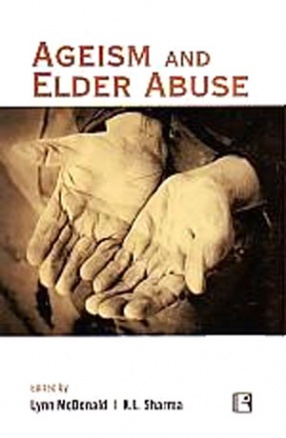
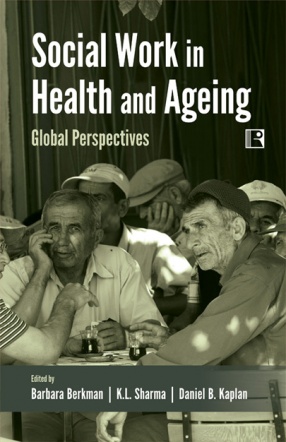
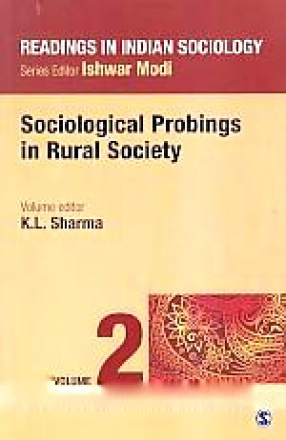

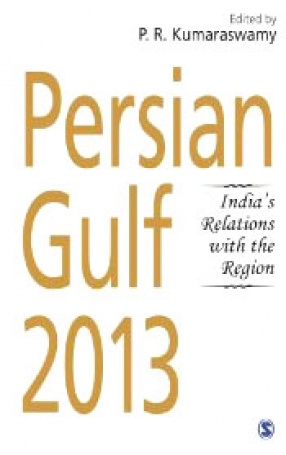
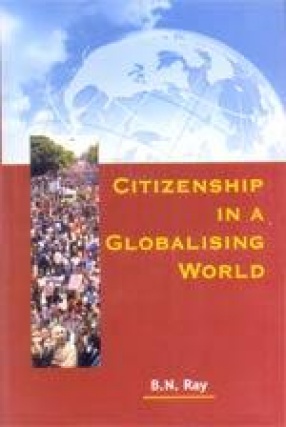

There are no reviews yet.